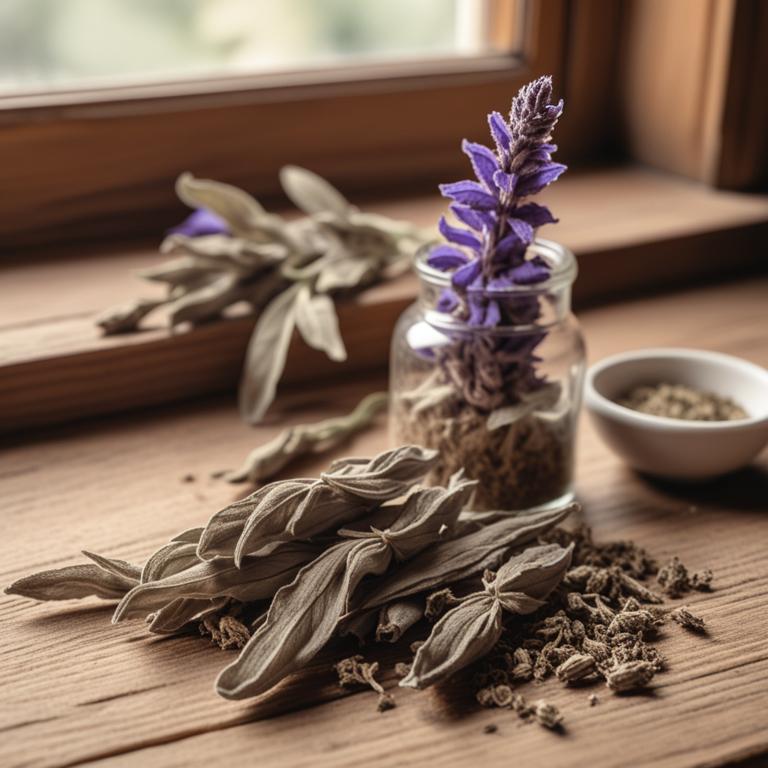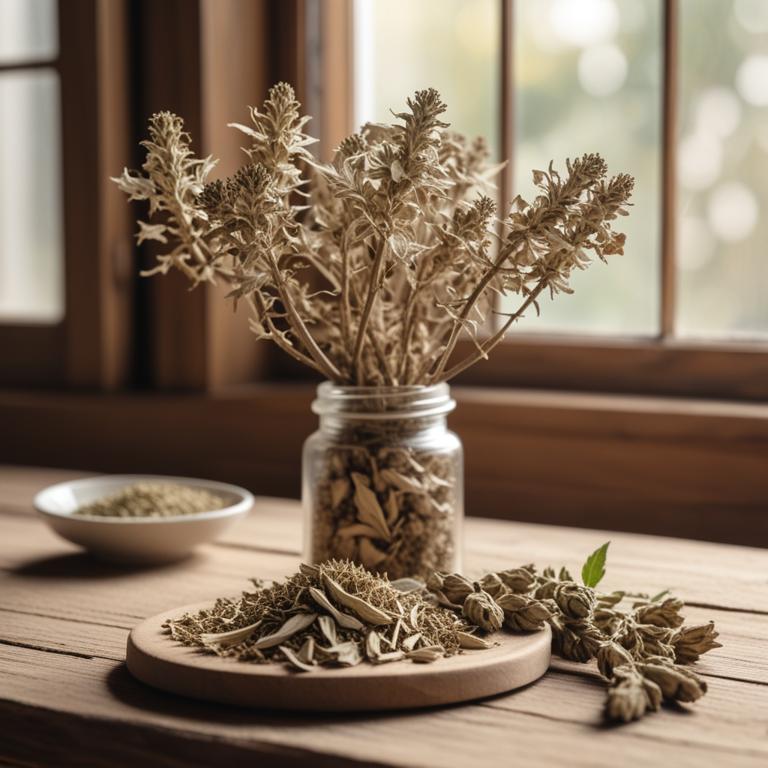Updated: Dec 1, 2024
Causes of Aging: Natural Remedies with Medicinal Herbs and Preparations
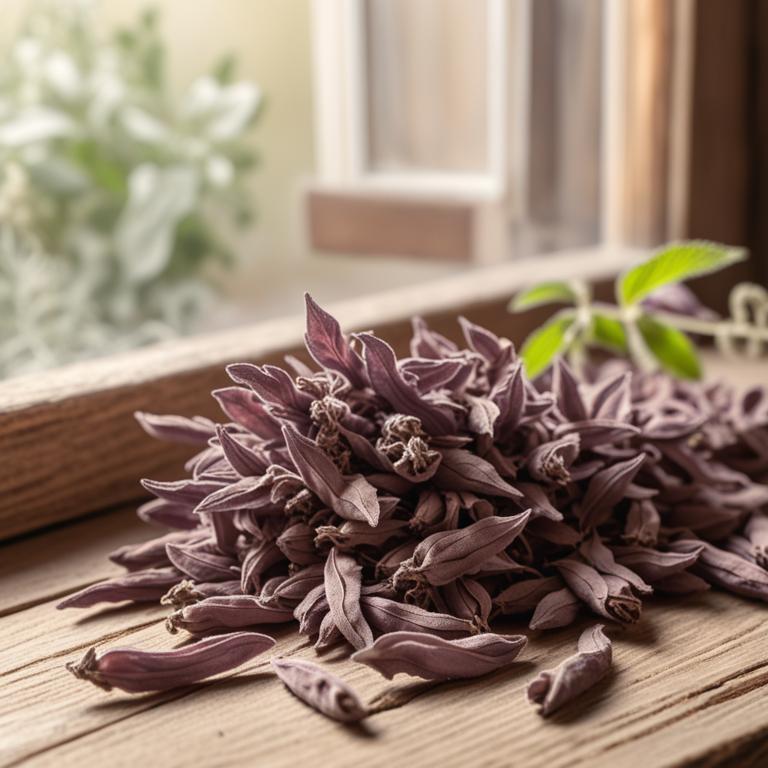
Aging is a natural process that affects our lives as we grow older.
It's characterized by wrinkles, grey hair, and a decline in physical strength and energy. But did you know that aging is also linked to internal factors, such as inflammation and oxidative stress, which can damage our cells and tissues. These factors can be caused by a combination of genetic and lifestyle factors, including poor diet, lack of exercise, and exposure to environmental toxins. Fortunately, nature offers some powerful remedies to help slow down the aging process. Herbs like ashwagandha, ginseng, and turmeric have been used for centuries to promote vitality and well-being. These herbs have anti-inflammatory and antioxidant properties that can help protect our cells from damage and promote healthy aging.
To use these herbs, you can make a tea by steeping them in hot water, or take them in capsule or tincture form. You can also add them to your meals or smoothies for an extra boost. Another herb that's gaining popularity for its anti-aging benefits is resveratrol, which is found in the skin of red grapes. It's known to have anti-inflammatory and antioxidant properties that can help protect our cells from damage. Some herbal supplements also contain a combination of herbs, such as rhodiola and schisandra, which are known to promote energy and vitality. While these herbs can't completely stop the aging process, they can certainly help slow it down and promote healthy aging.
By incorporating them into your daily routine, you can feel more energetic, look more radiant, and enjoy a better quality of life as you age.
Table of Contents
- What are the main causes of aging in living organisms?
- What are the benefits of using herbs to support the body during the aging process?
- What are the main medicinal herbs for treating aging?
- What are the herbal remedies most commonly used to combat aging?
- Which herbs may cause problems for people with aging?
- FAQ
What are the main causes of aging in living organisms?
The main causes of aging are complex and multifaceted, but some key factors stand out.
One of the primary reasons for aging is telomere shortening. Telomeres are the protective caps on the ends of our chromosomes, and they naturally shorten as we age. When telomeres become too short, our cells can no longer divide, leading to cell death and tissue decline. Another critical factor is mitochondrial dysfunction. Mitochondria are the powerhouses of our cells, producing energy for our bodies. However, over time, mitochondria can become less efficient, leading to a decline in energy production and an increase in cellular damage.
Epigenetic alterations also play a significant role in aging. Epigenetics refers to the way our genes are expressed, and as we age, epigenetic changes can occur, leading to the silencing of genes that promote health and the activation of genes that promote disease. DNA damage is another major contributor to aging. Our cells are constantly exposed to DNA-damaging agents, such as UV radiation and environmental toxins, which can lead to mutations and genetic instability. Finally, oxidative stress is a major driver of aging. Oxidative stress occurs when the production of free radicals, highly reactive molecules that can damage cells, exceeds the body's ability to neutralize them.
As we age, our ability to neutralize free radicals declines, leading to a buildup of oxidative damage and cellular decline.
What are the benefits of using herbs to support the body during the aging process?
Using herbs for aging can be a great way to take care of yourself as you get older.
One of the main benefits is that they can help reduce inflammation in the body, which is a common issue that can lead to chronic diseases like arthritis and heart disease. These herbs can also help improve sleep quality, which is essential for physical and mental health. By promoting better sleep, they can help reduce stress and anxiety, leading to a more balanced mood.
Additionally, many of these herbs have antioxidant properties, which can help protect the body from damage caused by free radicals. This can lead to healthier skin, hair, and nails, and even reduce the risk of certain cancers. Furthermore, some herbs can help improve cognitive function, memory, and concentration, making it easier to stay focused and mentally sharp.
By incorporating these herbs into your daily routine, you can take a proactive approach to aging and improve your overall well-being.
What are the main medicinal herbs for treating aging?
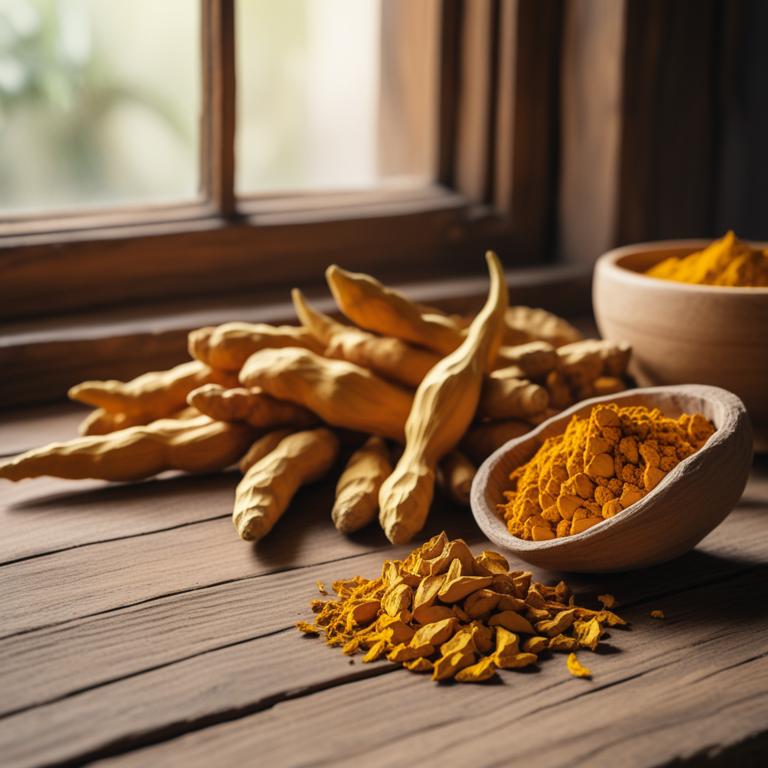
As we age, our bodies undergo natural changes that can affect our health and well-being.
Herbs like Curcuma longa, also known as turmeric, contain a powerful compound called curcumin that helps reduce inflammation and oxidative stress, which are key factors in aging. This herb has been shown to improve cognitive function and memory, and may even help prevent or manage age-related diseases like Alzheimer's and arthritis. Another herb that's beneficial for aging is Ginkgo biloba. Its leaves contain flavonoids and terpenoids that improve blood flow to the brain, which can help reduce the risk of dementia and cognitive decline. Ginkgo biloba also has antioxidant properties that protect cells from damage, promoting healthy aging. Panax ginseng, or Asian ginseng, is known for its adaptogenic properties, meaning it helps our bodies adapt to stress. As we age, stress can take a toll on our health, so ginseng can be a valuable ally.
It's also been shown to improve immune function, reduce fatigue, and enhance cognitive performance. Withania somnifera, or ashwagandha, is another adaptogenic herb that's beneficial for aging. It helps regulate stress hormones, improves sleep quality, and enhances cognitive function. Ashwagandha also has antioxidant properties that protect against cell damage and promote healthy aging. Finally, Astragalus membranaceus is a Chinese herb that's been used for centuries to promote longevity and healthy aging. It's thought to have immunomodulatory effects, meaning it helps regulate the immune system, which can become weaker with age. Astragalus membranaceus also has antioxidant and anti-inflammatory properties that protect against cell damage and promote healthy aging. These herbs have been used for centuries to promote healthy aging, and modern research has confirmed their potential benefits.
They can be used individually or in combination to support overall health and well-being as we age.
What are the herbal remedies most commonly used to combat aging?
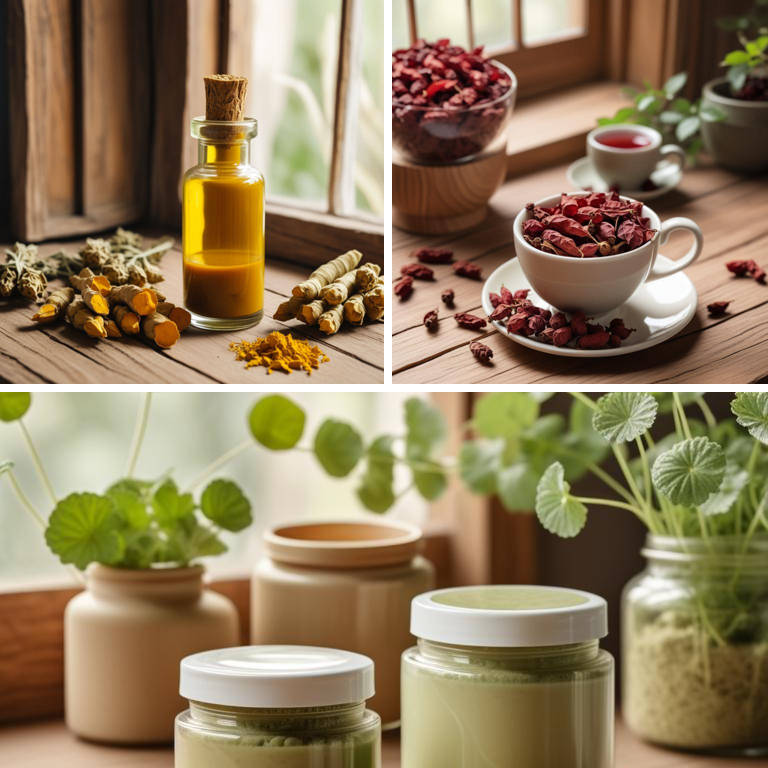
As we age, our bodies go through changes that can affect our skin, joints, and overall well-being.
Herbal preparations can be a great way to help with these changes. A tincture is a liquid extract of herbs that can be taken as a supplement. It's good for aging skin because it can help reduce wrinkles and fine lines. Tinctures can also be used to support joint health by reducing inflammation. A decoction is a strong tea made by boiling herbs for a longer time. It's good for people with digestive issues, like constipation or bloating, which can be common in older adults. Decoctions can also be used to soothe sore throats and coughs. Herbal teas are a gentle way to get the benefits of herbs.
They're good for calming the mind and body, which can help with anxiety and stress. Herbal teas can also be used to support immune function, which can be weaker with age. An infusion is similar to a tea, but it's made with delicate herbs that can be damaged by boiling water. It's good for people with sensitive skin or digestive issues. Infusions can also be used to calm the nervous system and promote relaxation. Herbal creams are topical preparations that can be applied directly to the skin. They're good for aging skin because they can help reduce wrinkles and fine lines, and also soothe dry skin. Herbal creams can also be used to support skin health by reducing inflammation and promoting collagen production. These herbal preparations can be a great addition to a healthy lifestyle for older adults.
They can be used to support skin, joint, and digestive health, and also promote overall well-being.
Additional Resources:
Which herbs may cause problems for people with aging?
If you're getting older, it's a good idea to be careful with certain herbs that can be toxic.
For example, valerian root, which is often used as a sleep aid, can be very potent and may interact with other medications you're taking. As you age, your body can become more sensitive to medications, so it's best to avoid valerian root or use it under close supervision. On the other hand, yew (Taxus baccata) contains a poison called taxine, which can be deadly if ingested in small amounts. This is especially concerning for older adults who may accidentally ingest it while gardening or eating berries from the plant.
Another herb to be cautious with is monk's hood (Aconitum napellus), which contains a toxin that can cause serious harm, even death, in small doses. As you age, your kidneys and liver may not be as efficient at processing toxins, making it more likely for monk's hood to cause harm. Foxglove (Digitalis purpurea) is another plant that contains a poison, digoxin, which can be very toxic. While it's sometimes used to treat heart conditions, it requires careful dosing and monitoring, especially for older adults who may be more susceptible to its effects. Finally, ephedra (Ephedra sinica) is a stimulant that can increase heart rate and blood pressure, which can be a concern for older adults who may already be at risk for heart problems.
As you age, it's always best to consult with a healthcare professional before using any herbal remedies.
FAQ
Are there any specific herbs that can prevent aging?
Ginseng and turmeric are herbs that have been studied for their potential anti-aging properties.
Ginseng is thought to help protect cells from damage, while turmeric contains a compound called curcumin, which may help reduce inflammation and improve skin health.
These herbs may also have antioxidant effects, which can help combat cell damage.
Is it safe to use herbal remedies for aging during pregnancy?
It's usually not safe to use herbal remedies for aging during pregnancy.
Some herbs can cause problems or interact with other things you're taking. They might affect your baby's growth or your body's ability to handle pregnancy.
If you're using herbal remedies, be careful and consider stopping them.
Are there any herbs that can reduce the frequency of aging?
Some herbs have been found to have potential anti-aging properties.
Turmeric, for example, contains a compound called curcumin, which has been shown to reduce inflammation in the body, a major contributor to aging.
This may help slow down the aging process, but more research is needed to fully understand its effects.
Related Articles
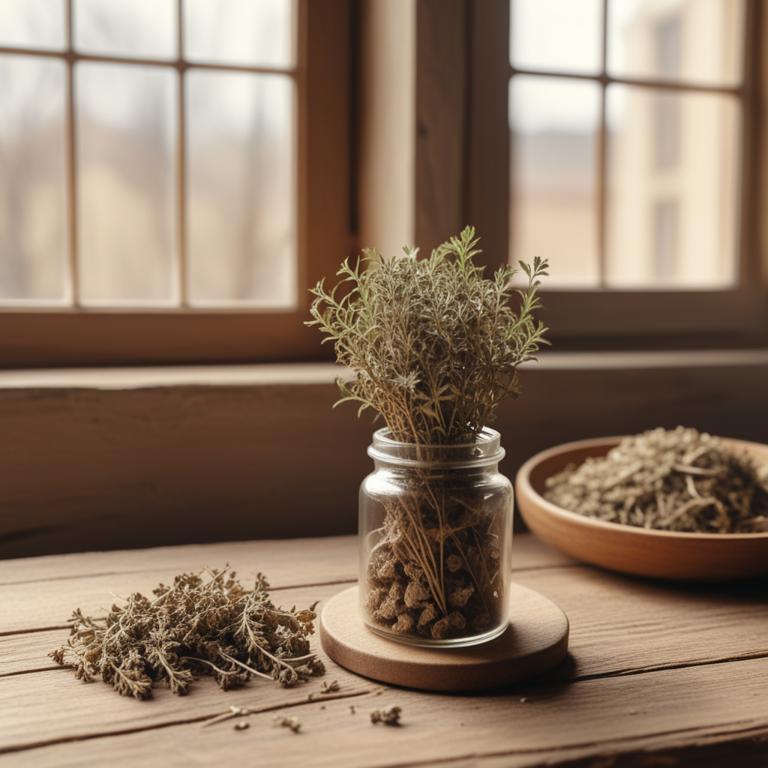
Understanding Hypothyroidism: Causes, Remedies, and Herbal Treatments
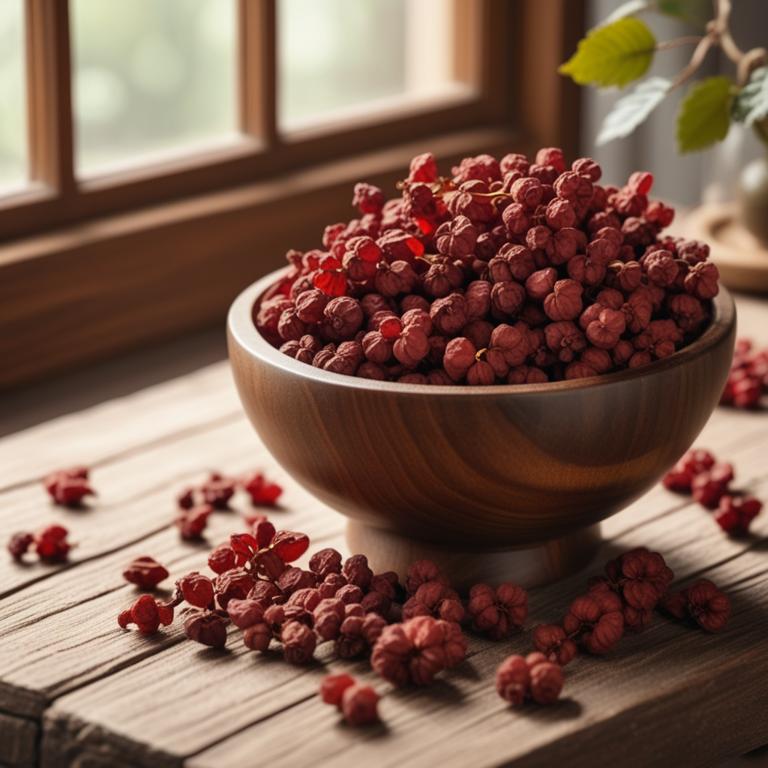
The Holistic Approach to Hyperthyroidism: Causes, Herbal Remedies, and Natural Treatments
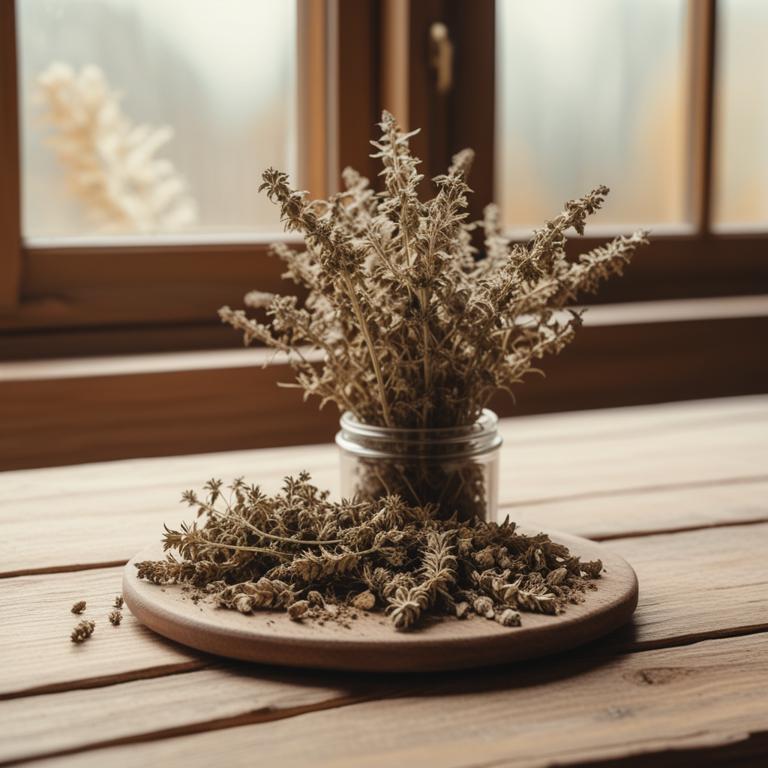
Hormonal Imbalance: Causes and Prevention with Herbal Medicinal Preparations
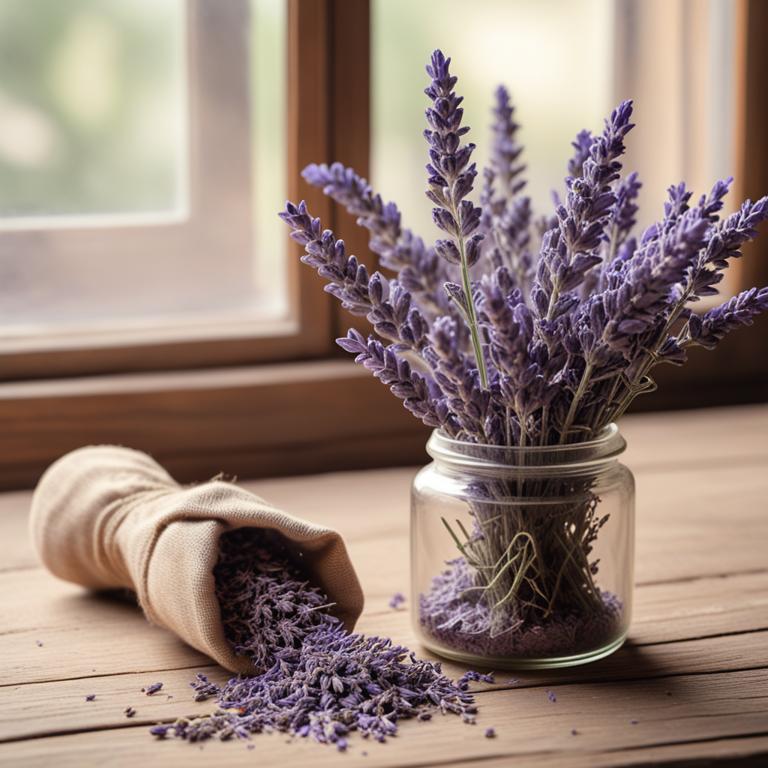
Overcoming Hot Flashes: Causes, Medicinal Herbs, and Herbal Preparations
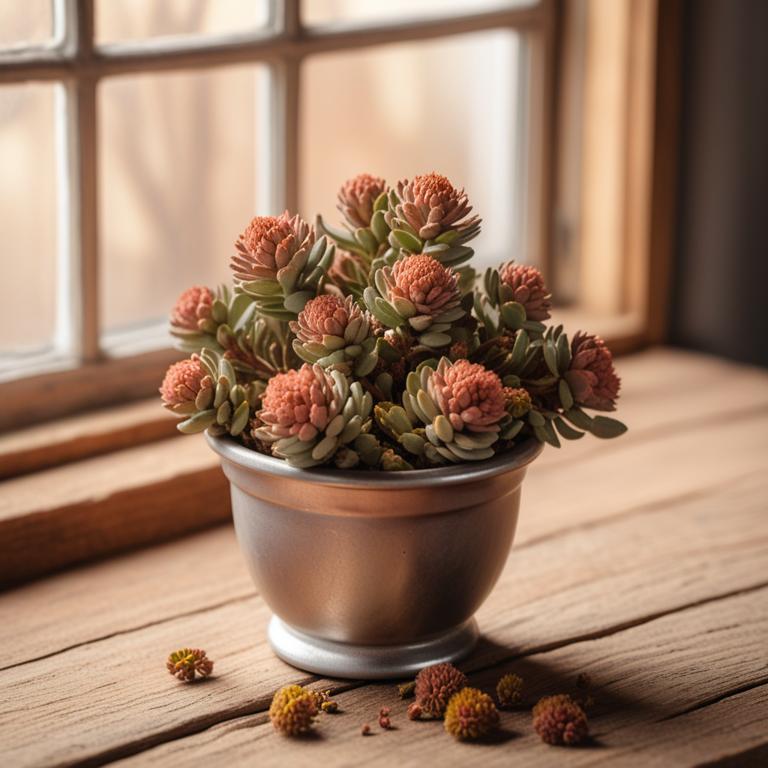
Understanding Adrenal Fatigue: Causes, Remedies, and Herbal Support
